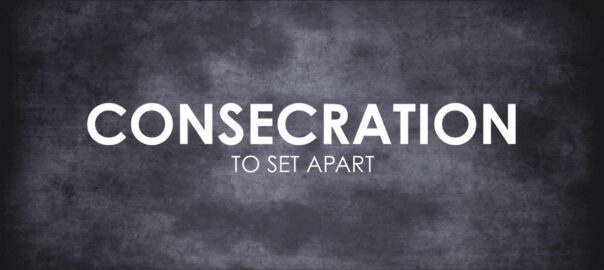
One glance at the headlines and we see a global crisis of leadership. In addition to the (alas, the almost expected) personal and institutional corruption and oppression, we are experiencing the consequences of two generations of separating personal and professional ethics, and the displacement of personal agency with the Leviathan of control over so much of life. When one adds ideological polarization to the mix, we have an elixir of exhaustion and hopelessness.
There are hopeful signs amidst the anarchy and soft totalitarianism. At the local and regional level in the USA and Europe, thoughtful people are pushing back against the impositions of elites. In Africa and Asia, a new generation of leaders is emerging and they care more about the basic necessities (education, economic opportunity, and infrastructure) for their people than flying ideological flags and virtue-signaling.
In this essay and the next one, I want to share four enduring facets of good leadership. These apply to all domains, from households to nations, religious communities to corporations. As we examine these qualities, we must exercise humility and first examine our lives well before evaluating and judging others. Jesus’ words, “judge not, lest you be judged…” were not a call to never evaluate the moral decisions of others. Jesus was telling us not to “pass sentence” on people and think we can accurately assess all that is in their hearts. Too many people are afraid to speak their minds on ethics, while others too quickly condemn what does not feel good to them.
Character – goodness, integrity, and personal wholeness – is the first and most important attribute of excellent leadership. Ancient and modern sages, empirical research, and thoughtful observation yield the same insight: many if not most of the problems of leadership have significant character issues underneath the surface controversies.
Please notice the three markers about character given above. Sometimes good character is undermined by immoral and rebellious behavior, with narcissism and solipsism permeating the soul. Sometimes there is conscious and unconscious fragmentation inside, as people think one set of rules applies to work, another to family, and another to their religion. This is “dis-integration” and a real problem for leaders in public spaces. There can also be deep psychological issues rooted in abuse, rejection, and trauma that undermine character development. And all of these problems can be masked by personal charisma, political skills, and technical expertise.
Good character matters and leaders must keep working on virtue development, integrity, and healing in order to serve well. Progress, not perfection, humility and genuine effort should be the basic norms as we develop and evaluate leaders.
The second facet of good leadership is a thorough understanding of one’s charisms. Here we are speaking of natural and spiritual gifts (all divinely bestowed) that can be developed to serve others. In addition to particular abilities, a sense of calling and purpose (vocation) must inform leadership foci and activities. Sometimes leaders struggle when their particular gifts are not a match for what is needed in a particular setting. Other times, leaders rely on certain gifts to cover character flaws and incompetence. Charisms matter and learning and refining here includes ones’ personality, strengths, narratives of success, along with particular abilities.
Leaders get in trouble when they go outside the boundaries of their overall abilities and attempt to be someone else. Problems also ensue when gifts are undeveloped or certain expressions are never refined. For example, no matter how much I practice, I cannot and must not aspire to being a singer. But I can keep improving the teaching and writing charisms that are part of my calling.
Good character and wisdom concerning one’s charisms are two facets of good leadership. In the next essay, we will look at two more areas: competencies and capacity. Leadership involves both innate giftedness and developed skills. May we all find our places of influence and flourish as we acquire wisdom and practice love.


